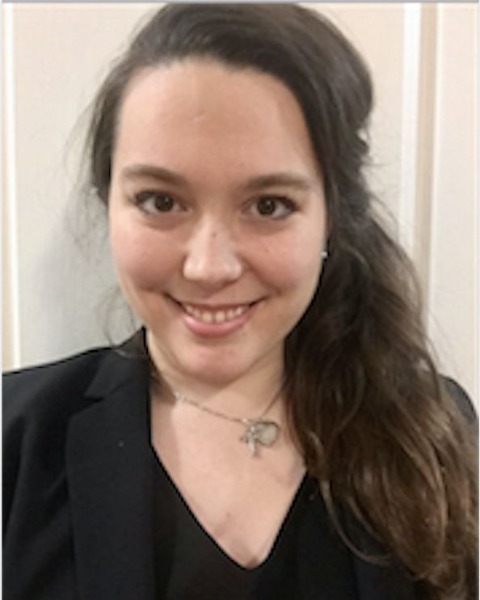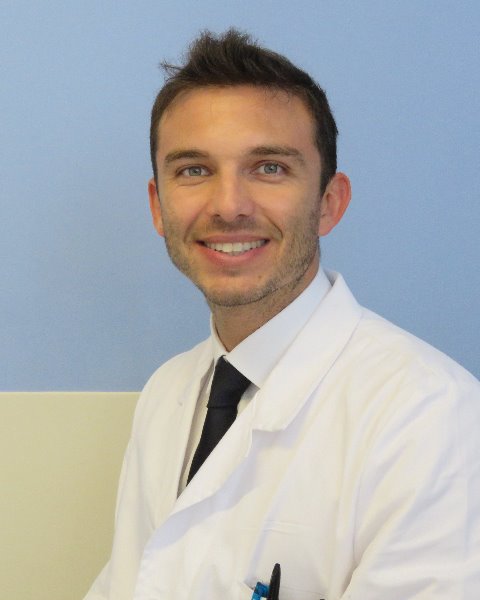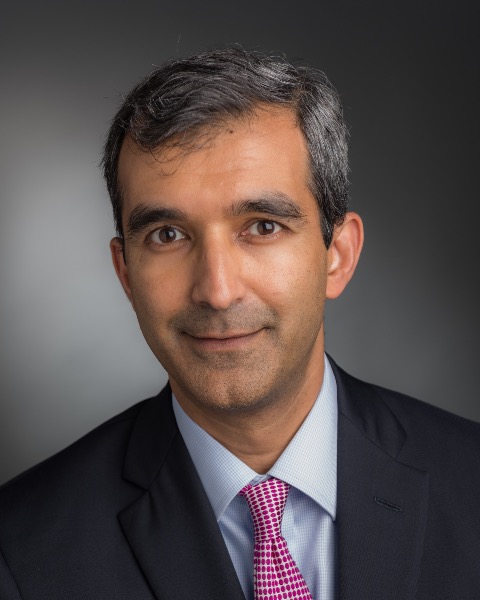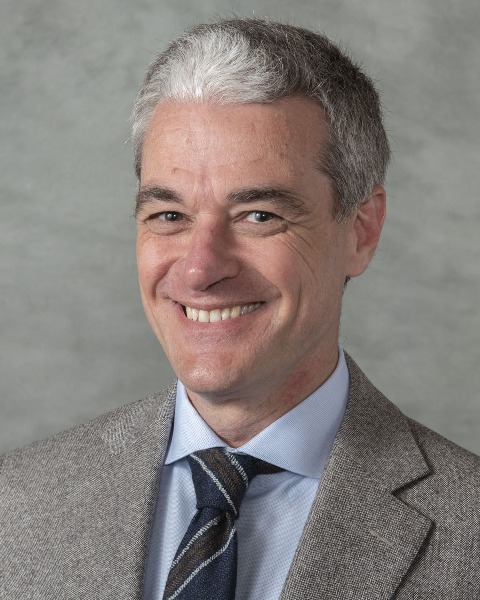Sarcoma
83: Neoadjuvant Radiotherapy in Retroperitoneal Sarcoma (RPS): Data Dissemination and Practice Patterns Post STRASS

Alexandra Allard-Coutu, BSc, MDCM, MScClin, FRCSC (she/her/hers)
Breast Oncologist, Complex Surgical Oncology Fellow
University of Ottawa
Ottawa, Ontario, Canada
Alexandra Allard-Coutu, BSc, MDCM, MScClin, FRCSC (she/her/hers)
Breast Oncologist, Complex Surgical Oncology Fellow
University of Ottawa
Ottawa, Ontario, Canada
Alexandra Allard-Coutu, BSc, MDCM, MScClin, FRCSC (she/her/hers)
Breast Oncologist, Complex Surgical Oncology Fellow
University of Ottawa
Ottawa, Ontario, Canada- VD
Victoria Dobson, MSc Clin
Research Coordinator
University of Ottawa, United States .jpg)
Christina L. Roland, MD MS
Associate Professor of Surgical Oncology
The University of Texas MD Anderson Cancer Center
Houston, Texas, United States- AS
Ashka Shah, BSc
Student
Department of Surgery, The Ottawa Hospital and Research Institute, University of Ottawa, Ottawa, ON K1H 8L6, Canada, United States - SD
Sinziana Dumitra, MD, FRSCS
Faculty
Department of Surgical Oncology, McGill University Health Centre, Montreal, QC H4A 3J1, Canada, United States - CF
Carolyn Freeman, MD FRCPC
Faculty
Department of Radiation Oncology, McGill University Health Centre, Montreal, QC H4A 3J1, Canada, United States 
Dario Callegaro, MD (he/him/his)
Surgical oncologist
Sarcoma service, Fondazione IRCCS Istituto Nazionale dei Tumori, Milan, Italy, United States- SC
Sarah Corn, MD, FRCSC
Faculty
Department of Surgical Oncology, McGill University Health Centre, Montreal, QC H4A 3J1, Canada, United States 
Chandrajit P. Raut, MD, MSc (he/him/his)
Chief, Division of Surgical Oncology
Brigham and Women's Hospital
Boston, Massachusetts, United States
Alessandro Gronchi, MD, FSSO
Chief of Surgical Department
Sarcoma Service, Department of Surgery, Fondazione IRCCS Istituto Nazionale dei Tumori, Milan, Italy
Milano, Italy.jpg)
Carolyn Nessim, MD, MSc, FRCSC, FACS (she/her/hers)
Surgical Oncologist, Associate Professor, Clinician Investigator, CGSO Program Director
The Ottawa Hospital, University of Ottawa, Ottawa Hospital Research Institute
Ottawa, Ontario, Canada
Abstract Presenter(s)
Submitter(s)
Author(s)
The phase 3 randomized STRASS (EORTC 62092) trial demonstrated no significant difference in the primary endpoint of 3-year abdominal-recurrence-free survival (HR 1.01, p=0.954) for patients with primary RPS treated with neoadjuvant radiotherapy (RT) followed by surgery compared to surgery alone. An international survey following initial presentation of the results at the American Society of Clinical Oncology (ASCO) Annual Meeting but prior to publication revealed only 20% of 80 responding clinicians adopted practice changes. This study (1) compares results of our original survey to a new one completed post publication of STRASS to assess practice patterns among international sarcoma experts and (2) explores dissemination and integration of new knowledge into clinical practice.
Methods:
A 12-question survey was distributed in December 2022 to two international organizations including all specialties treating RPS (Trans-Atlantic Australasian Retroperitoneal Sarcoma Working Group, and the Canadian Society of Surgical Oncology). Clinical scenarios established the likelihood of recommending neoadjuvant RT, with a 5-point Likert-scaled response ranging from very unlikely to very likely. Low kappa correlation coefficients indicate considerable change. The data were analyzed using STATA 12 (Statacorp, College Station, TX, USA).
Results:
139/300 clinicians responded (46.3% response rate), including surgical (70.5%), radiation (18.0%) and medical oncologists (8.6%). While 51.1% identified practice changes subsequent to the abstract, 68.1% reported changes following manuscript publication. 63.7% now offered neoadjuvant RT to select patients with RPS based on histology, while 35.3% reported rarely/never offering preoperative RT. Recommendations for neoadjuvant RT for leiomyosarcoma fell from 58.7% to 18.4% following the abstract, and to 8.9% post publication. Recommendations for neoadjuvant RT for well-differentiated liposarcoma increased from 33.9% to 60.2% following the abstract, and to 70.5% following the manuscript (Table 1). Of note, 56.3% continue to offer neoadjuvant RT to dedifferentiated liposarcoma post publication of STRASS. Clinical or institutional experience was not predictive of practices changes.
Conclusions:
Practice patterns for neoadjuvant RT for primary RPS changed in response to the publication of STRASS. Ongoing recommendations for neoadjuvant RT for dedifferentiated liposarcoma and/or high grade histologies highlight the necessity of a systematic approach for disseminating practice-changing data.
Learning Objectives:
- Upon completion, participant will be able to define the results of the STRASS trial
- Upon completion, participant will be able to discuss practice changes reported by international sarcoma experts subsequent to the STRASS trial
- Upon completion, participant will be able to reflect on how new knowledge is disseminated and integrated into clinical oncology
